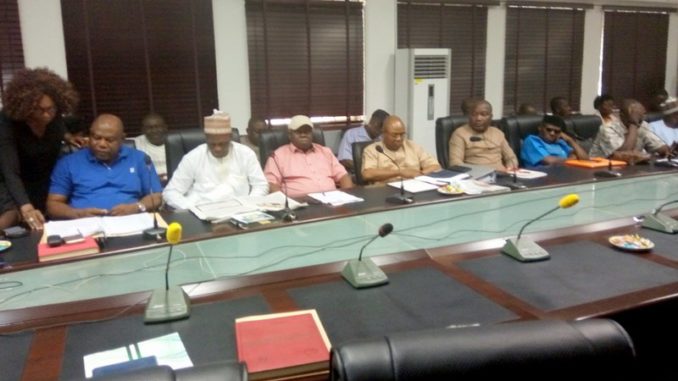
“It often happens, that he who endeavours to ridicule other people, especially in things of a serious nature, becomes himself a jest and frequently to his great cost”.
– Giovanni Boccaccio (1313 – 1375) Italian writer and humanist
Higher education is a period of advanced study following the completion of secondary school. The duration of the study may be from four to seven years or more, depending upon the nature and complexity of the programme pursued, especially with regard to the Nigerian educational system.
It has become disheartening, disturbing and imperative to any well-meaning Nigerian, within and abroad, to show concern and say one or two words in view of the insistence of ASUU to go on strike, and also the federal government’s refusal to make another move to negotiate with ASUU in order to end the strike that has lasted over two weeks.
One of the technical difficulties that the FG and ASUU would have to resolve in working out modalities for implementation hinges on the fact that the resolution could not have embraced, in totality, the position of FG or ASUU. This was due to the lopsided composition of the negotiation team on both sides.
The view of this writer is that there is urgent need, and indeed, room for improvement of the standard of living of our universities’ lecturers as well as the state of our educational sector.
Many will agree with me that the perennial strike by lecturers during the military interregnum and Obasanjo’s tenure had impacted negatively on our university system, because democratic processes were not followed to resolve the problem. But why in the democratic system of government will things not change compared with the military regime? Though Obasanjo too did not help matters, but towards the end of his tenure he tried.
While it may be said or viewed that strike may be the only language that the military junta, in the absence of entrenched separation of powers and checks and balances understand, the same cannot be said of a democratic system of government with abundant opportunities and avenues that ASUU, and indeed any union group, can explore to achieve their demands.
The problem with Nigerians, and particularly the government in this instance, is that we do not seem to appreciate changes in circumstances which necessarily must dictate change in approach and tactics, and also distinguish right from wrong. We had the MASSOB, IPOB, OPC, Militants, Boko Haram, political crisis, etc., with their different approaches to individuals, government and the pursuit of peace, but the ASUU issue seems not to bother them at all because most of their children and relatives school abroad.
The present ASUU strike, which represents a fire brigade approach to the demands for improvement of the educational sector, is not only tactically faulty but portends tremendous danger to the nation’s education system.
Every well-meaning Nigerian is anxious to see that the FG and ASUU negotiate and solve the problem of university education and all the other sub-sectors of educational bodies within the shortest time possible.
At this point in time, we want to appeal to government and ASUU to go back to the drawing board to make another deliberation: dialogue, negotiate and reach the consensus to end the strike, in the interest of the students who have suffered so much over the years, their parents and the general public.
Adamu Muhd Usman,
Kafin-Hausa, Jigawa State
END

Be the first to comment